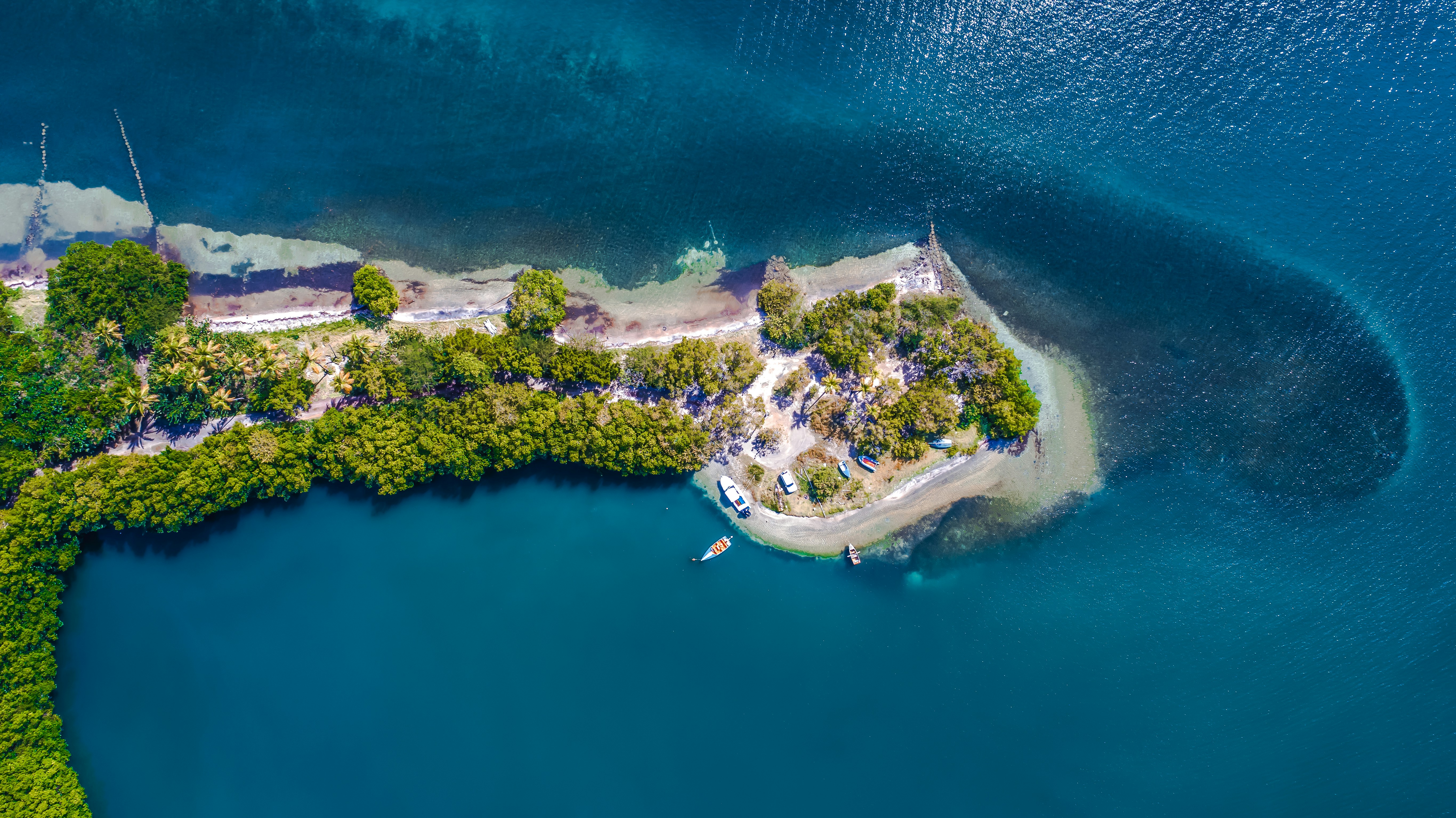
Decoding Sustainability
According to the World Bank the blue economy is defined as the sustainable development of ocean resources for economic growth while preserving the health of the ocean ecosystem.
The concept of the blue economy has been introduced by Guntur Pauli in his book, “The Blue Economy:10 years, 100 innovations, 100 million jobs". It emphasizes the integration of the development of the ocean economy with social inclusion and environmental sustainability.
The impact of Climate change and disasters on the blue economy is alarming. Ocean warming, sea level rise, ocean acidification, and marine pollution are not just damaging Marine ecosystems but also affecting the lives of people dependent on them. Nearly 40% of the sustainable development goals depend on ocean sustainability particularly SDG 14: Life Below Water and SDG 13 Climate Action.
India has a coastline of more than 7500 km and 9 of India’s states have access to the coastline. We are the second largest fish producing nation in the world. This makes fear of depletion of the natural reserve of major space fish species and rare earth minerals due to growing demand for consumption and alarming threat!!The United Nations has publicized the period 2021 to 2013 as the “UN decade of Ocean Science for Sustainable Development”.
The blue economy of India therefore becomes a subdivision of the national economy that includes the complete Ocean resource system as well as human infrastructure. Our blue economy spans over traditional and emerging sectors offering diverse employment opportunities. From traditional fishing practices to innovative sectors like offshore wind and Marine biology the blue economy is ever evolving.
Skill Development Initiatives, youth involvement and preservation of traditional knowledge are essential to harnessing the full potential of the blue economy while ensuring sustainability for life beneath and above the water. What do you say?